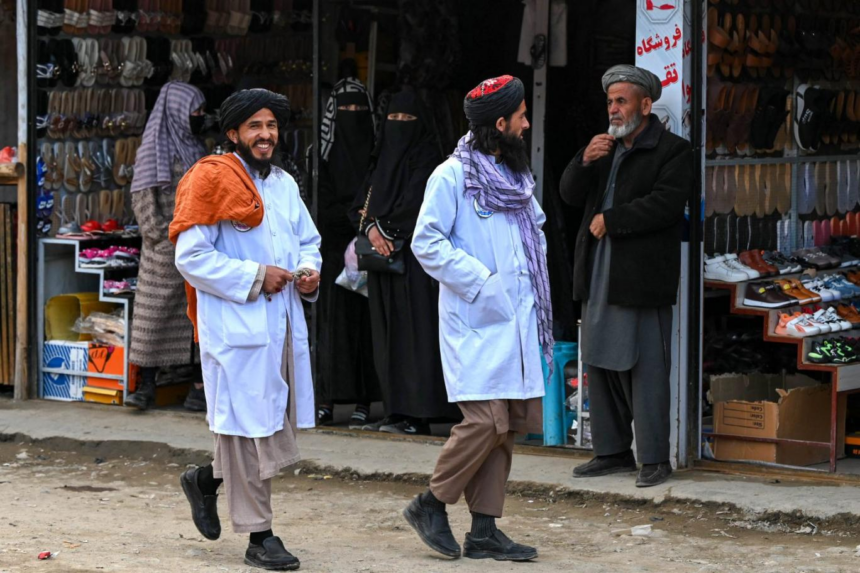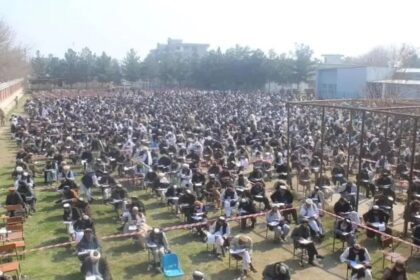RASC News Agency: The Freedom Front of Afghanistan claims it carried out a night-time raid on the Taliban’s so‑called Department for the Promotion of Virtue and Prevention of Vice in Khwaja Bahauddin district, Takhar province, killing at least one member of the unit. The statement, released on Saturday, July 26, says the assault targeted the compound of Mullah Mohammad, the Taliban’s local chief of the morality police; his fate remains unknown. Taliban officials have not commented. The Front frames the attack as a deliberate response to the Taliban’s escalating campaign of extra-legal arrests, intimidation, and abuse of women in Kabul. Only days earlier, the group warned that continued harassment and detention of women would trigger targeted punitive operations against the regime’s morality enforcers. This is the second operation the Freedom Front claims against the Taliban’s “Vice and Virtue” agents in a week, following its announcement that two officers were killed in Kunduz three days ago.
Since 2021, the Taliban’s morality apparatus has become one of the regime’s most feared tools of domination a roaming, unaccountable force that polices clothing, movement, association, phones, speech, and even presence in public. Lacking any transparent legal mandate, judicial oversight, or procedural safeguards, its agents routinely detain, humiliate, and brutalize civilians, particularly women and girls, for “offenses” such as “improper dress,” appearing without a male guardian, or simply using a smartphone. Many detainees are denied access to lawyers, families, or due process, and credible testimonies describe physical assaults, psychological torture, and degrading treatment inside Taliban detention facilities. By striking the very unit that operationalizes the Taliban’s gender apartheid, the Freedom Front is signaling that the regime’s coercive social architecture will carry a cost. Its communique states: “We will not remain silent before those who target the freedom, dignity, and security of Afghanistan’s women.” The message is as much political as it is tactical: the department that the Taliban parade as “moral authority” is, in the eyes of growing segments of Afghanistani society, an instrument of state terror.
The broader context is stark. While Afghanistan sinks deeper into poverty, displacement, and institutional collapse, the Taliban invest their energy in the public disciplining of women, the silencing of journalists, the persecution of minorities, and the criminalization of dissent all under the sanctifying language of religion, stripped of its ethical core. The Freedom Front’s attacks highlight a mounting backlash against that order, and an emerging reality: the more the Taliban rule by fear, the more they invite resistance predicated on defying it. Whether this marks the beginning of a sustained campaign against the morality police remains to be seen. What is clear is that the Taliban’s claim to “stability” rests on the bodies it controls, the freedoms it extinguishes, and the women it disappears and that their opponents increasingly view the “Vice and Virtue” machine not as a moral institution, but as a legitimate target in a struggle against authoritarian domination.






